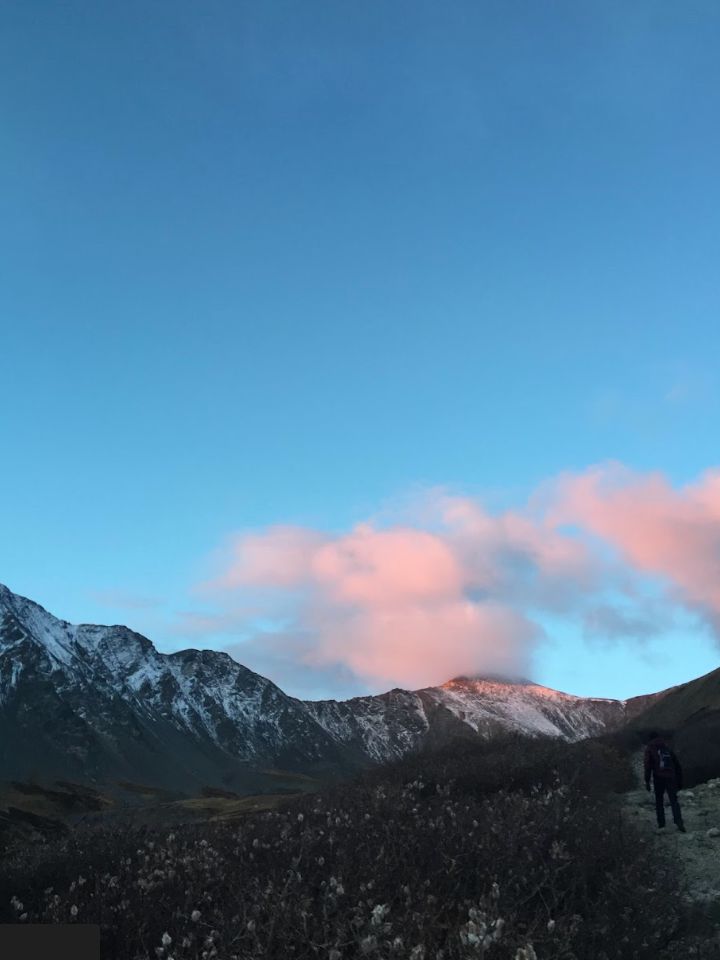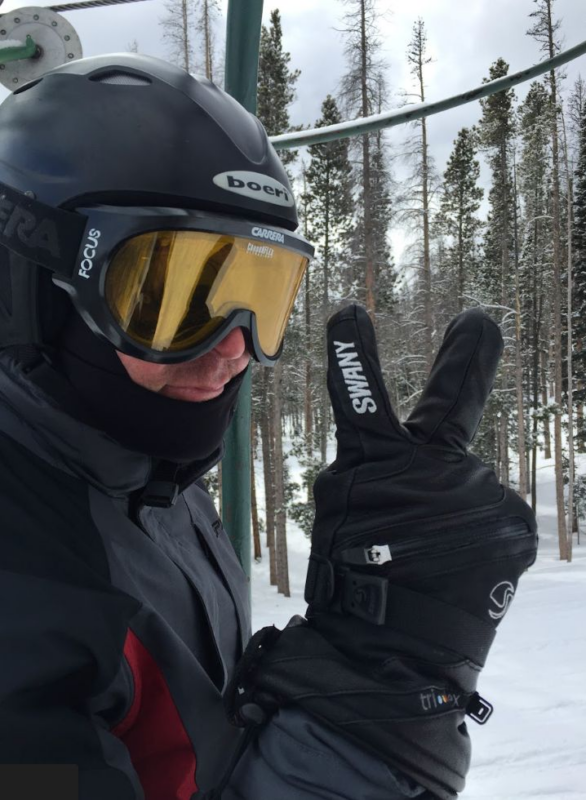News
Should I Become A Mom? I’m Honestly Asking — And I Need You To Consider The Following Before You Answer.
Should I become a mother?
If I have children, will they live on a dying planet?
These are the questions I see in the fine print of every climate agreement and hearwhispered in late-night conversations with friends. I feel simultaneously responsible for the climate crisis, entirely helpless and cynical about the current system’s willingness or ability to deal with it.
These are structural questions and reproductive ones — existential and ordinary. I have metabolized responsibility for climate change since witnessing a presentation on recycling in kindergarten. I am anxious about the “climate footprint” of my imagined, consumerist children, but they will not tip the scales measurably further toward climate catastrophe. I know I am not individually liable for the vast majority of warming. ExxonMobil is more responsible than I am. But we are all burning.
I swanned about my teens and 20s and told everyone I met that I was never, ever having children. Or moving back to the suburbs. Yet the lifecycle of an idealist often includes sheltering in high-carbon ease. I want more. I want stability. I want the nice, shiny things I have been taught to want.
I see how children animate a particular moral selfishness. Having them justifies focusing on securing one’s economic conditions, paying heed to one child and then others. The lifestyle marketed to care for me and my siblings borrows directly from the comfort of my children’s children. It is honorable and deeply human to want the best for your children. But this impulse for consumption has pushed us precipitously closer to disaster.
My father’s father taught him to ski at a resort nestled in the Rocky Mountains, lush with snow. My father taught me to ski on a pockmarked mountain. I dream of teaching my children, but my skis scrape over rocks my father never saw in January and ones my grandfather never saw in April.
Mountains are my intimacy with the Earth, and I do not recognize my lover’s face. I do not consider skiable snow to be essential for my children and my children’s children to live dignified, full lives. Skiing itself often makes a mockery of the Earth, carving privileged utility out of the forest. But what about the missing water that the lack of snow portends?
If we are lucky, we have these places: a mountain, a stream, the manicured plaza of a mall. A place we can return to with our children. As poet Joy Harjo says, these places remind us: “So it has been since creation, and it will go on.” But these places have changed, and we have changed them and we have changed with them.
I want to know the exact degree of warming in 2030. And 2060. And the day my handed-down red jacket rips while my descendent makes an ill-advised decision on a motorcycle. It is uncertainty about the future that makes me question such a meaningful investment in this future. But we never know and never can know what types of lives our children will lead.
I have come of age amid a cacophony of climate nihilism. Temperatures are rising, food insecurity is spreading and climate change is eroding fertility itself. How do I climb out of the despairing news to build something as extraordinary as an ordinary life?
I resent these questions. I am angry about my anxiety. I resent my family members who proudly deny climate change. I resent my complicity in an economy premised on gluttony. I resent my futile attempts to control carbon and carbon-based life forms, and my naive search for some elusive ethical clarity.
I am far from the first to decry the future my children will face. Indigenous communities have practiced reproductive ethics on this fractured horizon since colonization. For many, parenthood in the face of devastation is resistance. Every generation faces these horrors; life ends, it changes and it begins again.
My reproductive anxiety rests on the assumption of a belabored choice — an option eroding in many states — a choice not afforded to so many before me.
I ruminate endlessly on the ethics of something so often inevitable — the eternal maternal mandate. In truth, motherhood is rarely freely, meaningfully chosen. It is tied to a condition, a partner, a bank account or a livable planet. Choice is fickle. It has hinges. It swings open accidentally and slams other doors.

Should I become a mother? I would like an answer to my question. I would like there to be only one. But science has one answer, the humanities another and my mother a different one entirely. There is not a climate agreement, an electric car or a presidential election that will clarify this decision for me. Like many questions women ask, there is no right answer. And I am not alone in asking.
Parenthood — a tricky human thing — cannot be reduced to a climate-conscious calculation. As Barry Lopez implores us, we must “embrace fearlessly the burning world.” We need ecological hope — a hope with its sleeves rolled up.
Climate change does not dilute my desire to caress a little thing, to see a daughter wear my grandmother’s yellow dress. I am full of a cruel optimism and an earnest desire to bet big on our best selves. To have a child is to trace the curve between the ways you want the world to be and what it is.
Two winters ago, an “unprecedented” fire burned down 1,000 houses in Boulder, Colorado, my hometown. The unseasonable fire burned so quickly because we’d had no snow all year. My aunt, who was not at home at the time, asked us to run and “save what we could.” Smoked baby pictures, passports and family memories landed in laundry baskets.
Perhaps your answers are in what you grab first — what you will miss most in the smoke.
Olivia Storz is a recipient of the Public Voices Fellowship on Advancing the Rights of Women and Girls through The OpEd Project and Equality Now. Storz, who was raised in Colorado, works in the field of gender policy in Washington, D.C. A commitment to complexity and an ethic of care animates her research and advocacy work. Her favorite place on Earth is Longs Peak, Colorado.
Do you have a compelling personal story you’d like to see published on HuffPost? Find out what we’re looking for here and send us a pitch at pitch@huffpost.com.
Read more

